Published since 2019 by the Fair Winds Foundation and Association of Foreign Relations, Taiwan Weekly provides in-depth report and analysis of the major issues facing Taiwan.
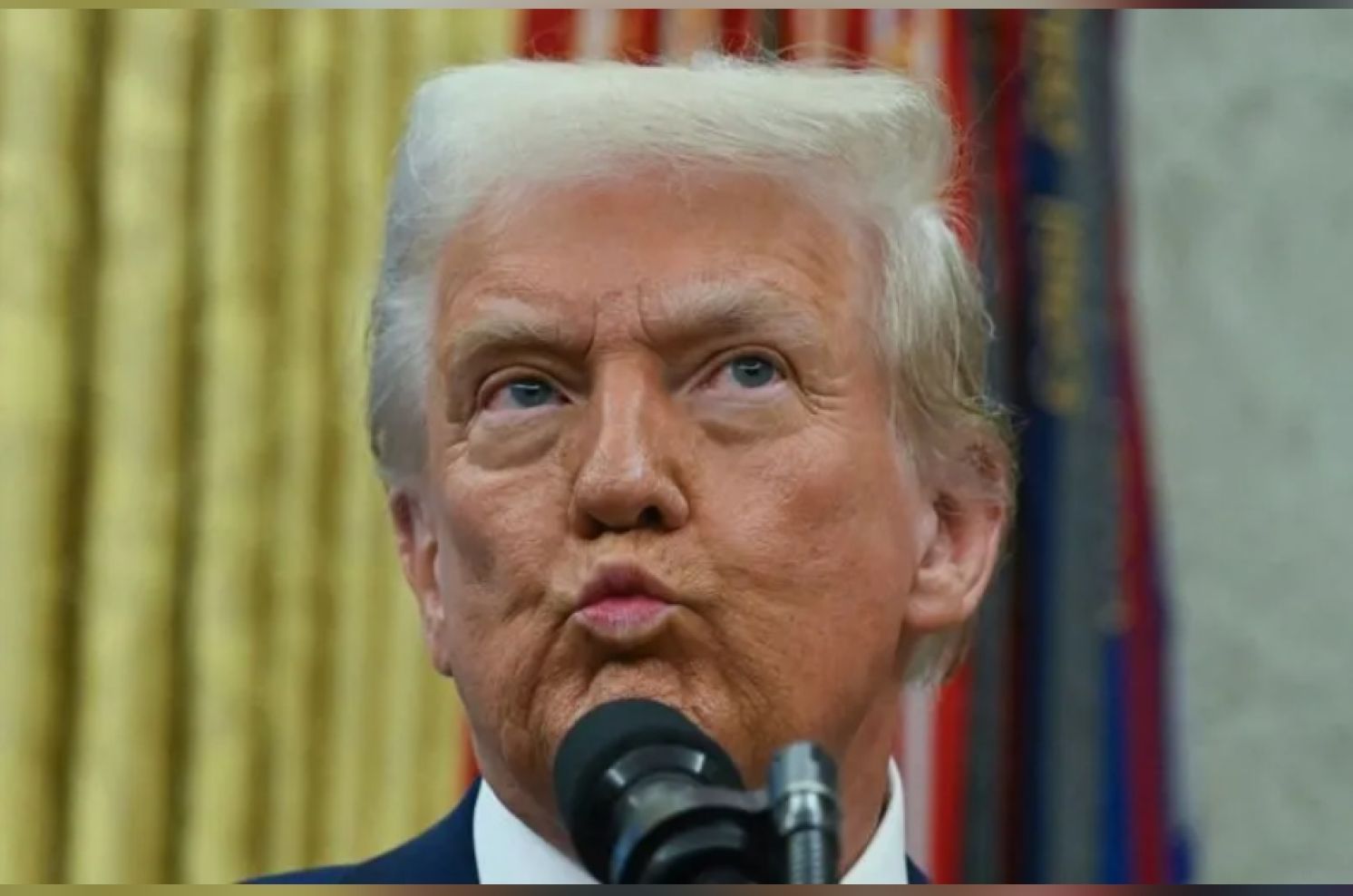
President Lai Should Not Repeat Zelenskyy's Mistakes
After a four-hour meeting between United States Secretary of State Marco Rubio and Russian Minister of Foreign Affairs Sergey Lavrov in Saudi Arabia, four key agreements were reached. During a press conference at Mar-a-Lago, U.S. President Donald Trump discussed the talks, echoing Russia's position that both sides had lost many soldiers and that Russia wanted to end the war quickly.
Details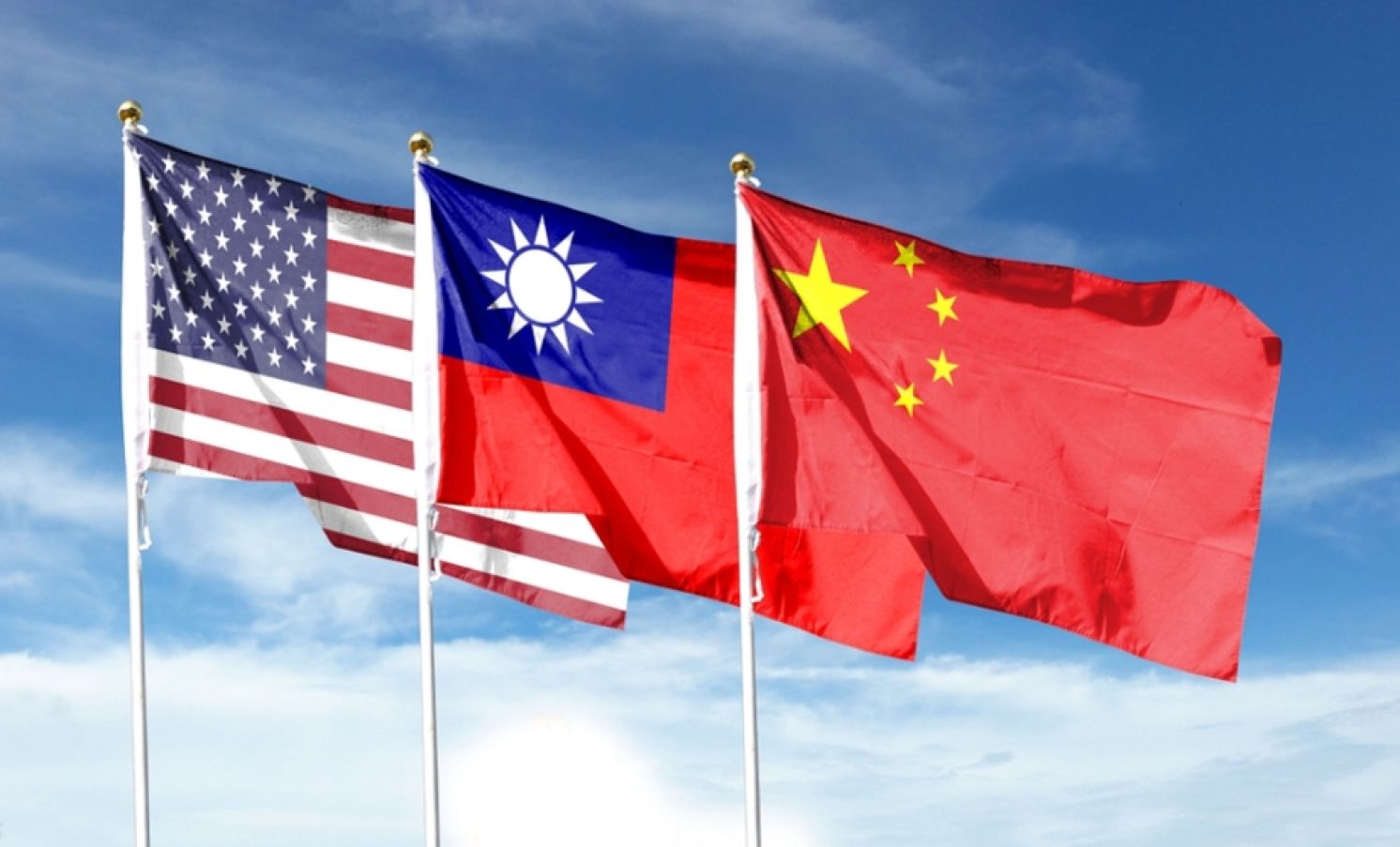
New U.S. Stance: Taiwan's Future to Be Decided by People on Both Sides of the Strait
The United States Department of State updated its "U.S.-Taiwan Relations Fact Sheet," drawing attention in Taiwan for its removal of phrases such as "does not support Taiwan independence." However, what has been largely overlooked is the addition of a new statement: "We expect cross-Strait differences to be resolved peacefully, without coercion, in a manner acceptable to the people on both sides of the Strait."
Details
TSMC Should Not and Cannot Save Intel
The future relationship between the Taiwan Semiconductor Manufacturing Company (TSMC) and Intel has recently become a focal point, with various proposals emerging, including TSMC acquiring shares in Intel or splitting up the company. While TSMC may help the United States alleviate its "chip anxiety," it should not and cannot be responsible for saving Intel.
Details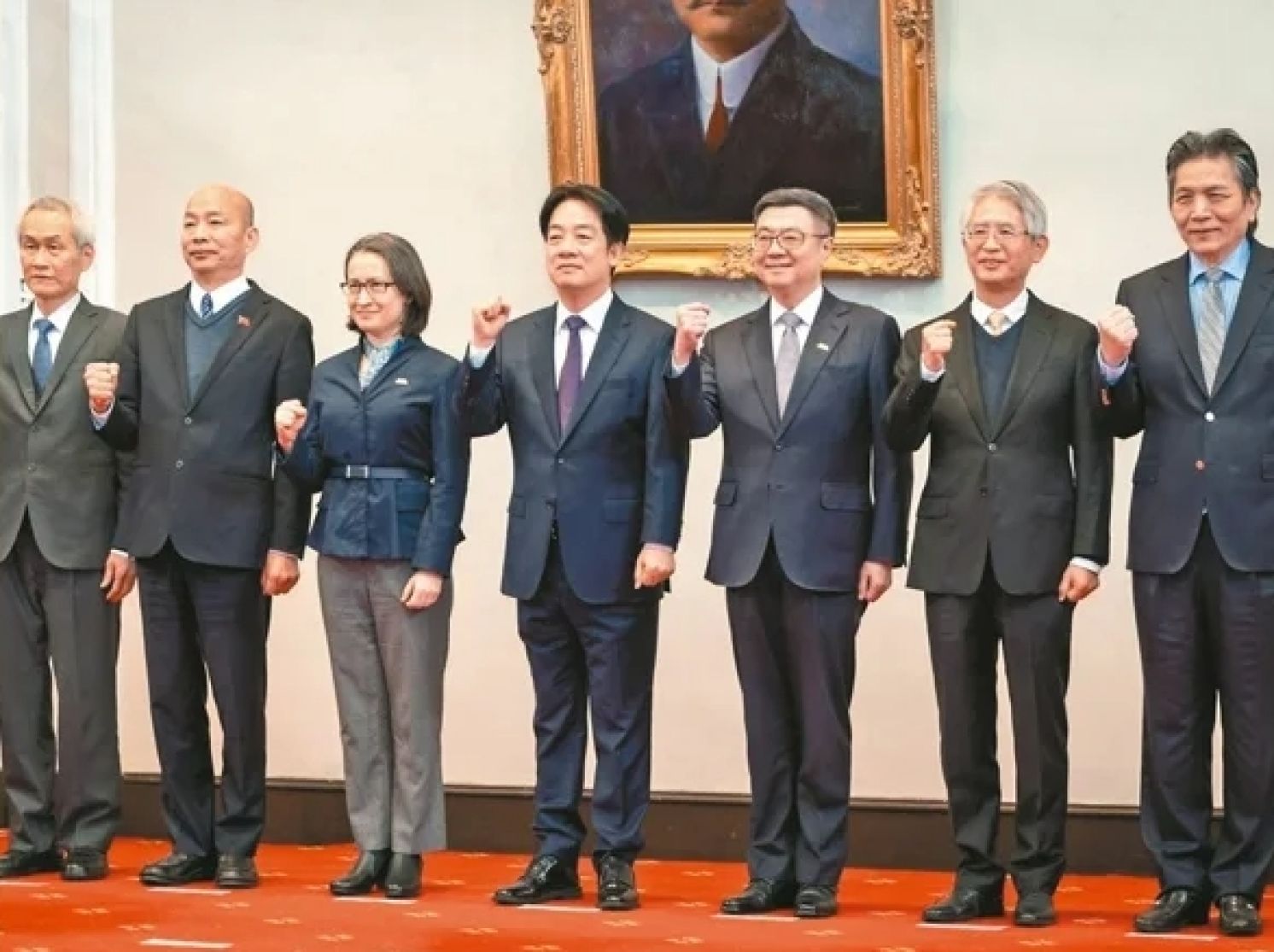
President Lai Should Facilitate Cross-Partisan Dialogue, Not Inter-Yuan Coordination
President Lai Ching-te convened a historic first "inter-Yuan coordination" meeting, a significant gesture that proved ultimately futile. While President Lai enjoys ceremonial admiration as the head of state, his efforts to resolve the conflict between the executive and legislative branches over the national budget and political tension from mass recalls have been ineffective. The meeting, filled with ceremonial flair, ultimately served as a symbolic gesture with no real impact, especially with the judiciary and Control Yuan being represented by deputies, exposing the incomplete nature of the Lai administration.
Details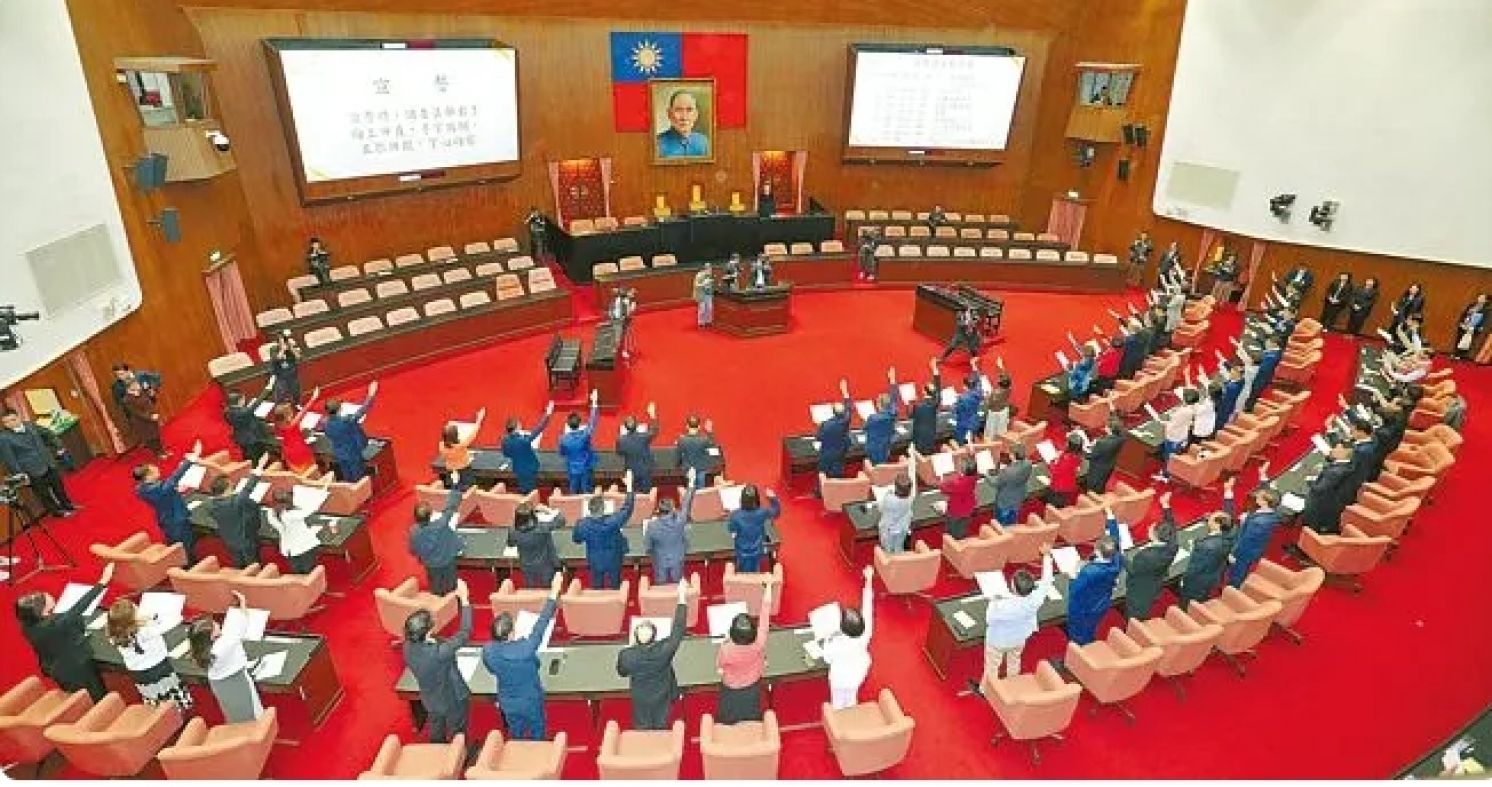
Legislative Yuan Opens Session: DPP to Focus on Recalls, Undermining Opposition Agenda on People's Livelihood
The new legislative session is fast approaching. The passage of the central government budget for this year paves the way for a so-called “bill-review period.” The Taiwan People’s Party (TPP) has been rolling out priority bills, while Chairman Eric Chu of the Kuomintang (KMT) has emphasized that people's livelihood bills would take precedence. However, Democratic Progressive Party (DPP) caucus whip Legislator Ker Chien-Ming has declared it a "recall session," forcing the KMT to respond with a "counter-recall" strategy, and the TPP has initiated actions to "eliminate green guards." A political confrontation between the ruling and opposition parties seems imminent.
Details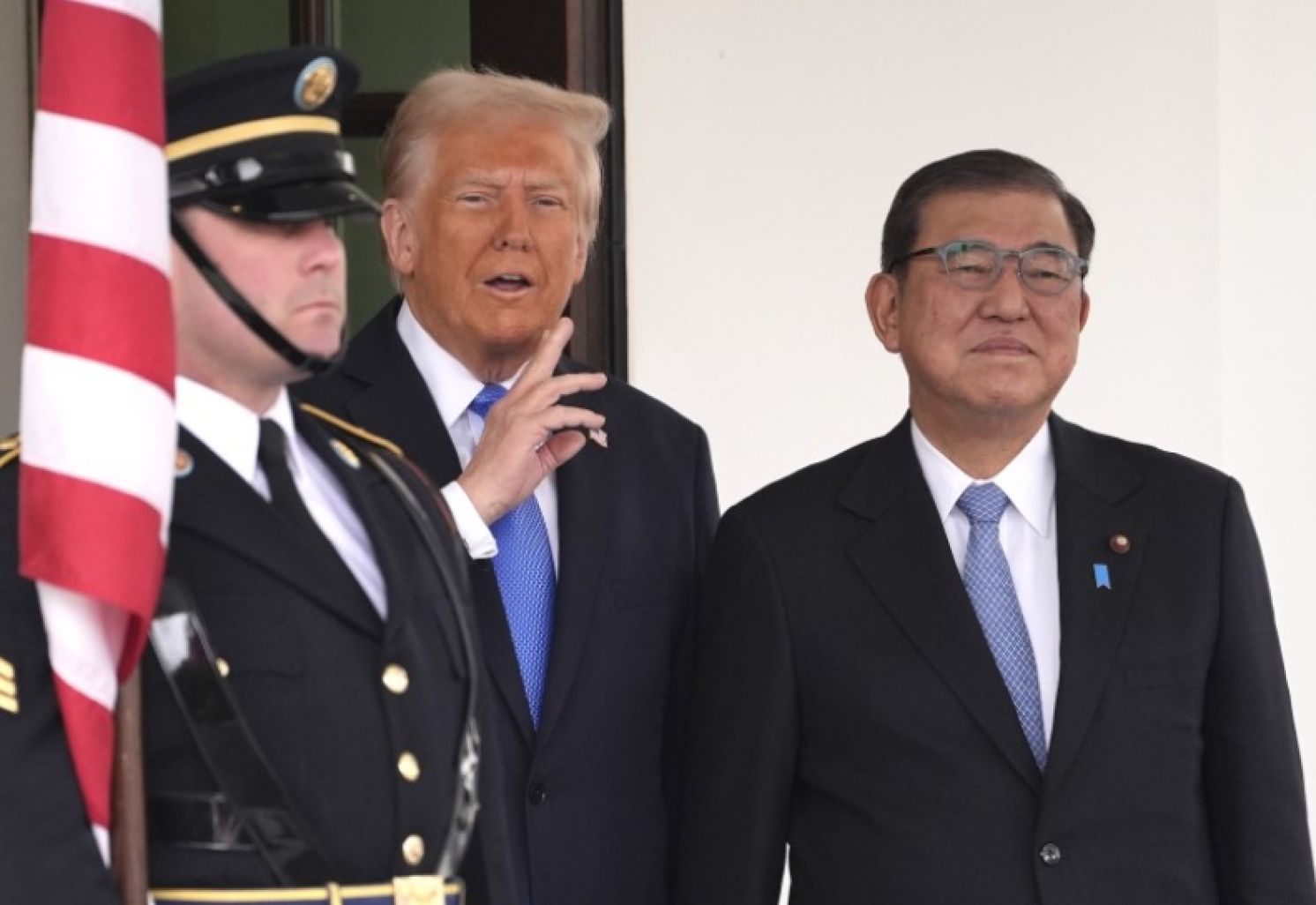
U.S. Chip Tax Targets TSMC
For Taiwan, as the tariff war initiated by President Donald Trump of the United States becomes unavoidable, the result is not only the inevitable growth of "U.S. Semiconductor Manufacturing Company," but the need to think beyond short-term responses. Long-term strategies are becoming even more important and necessary.
Details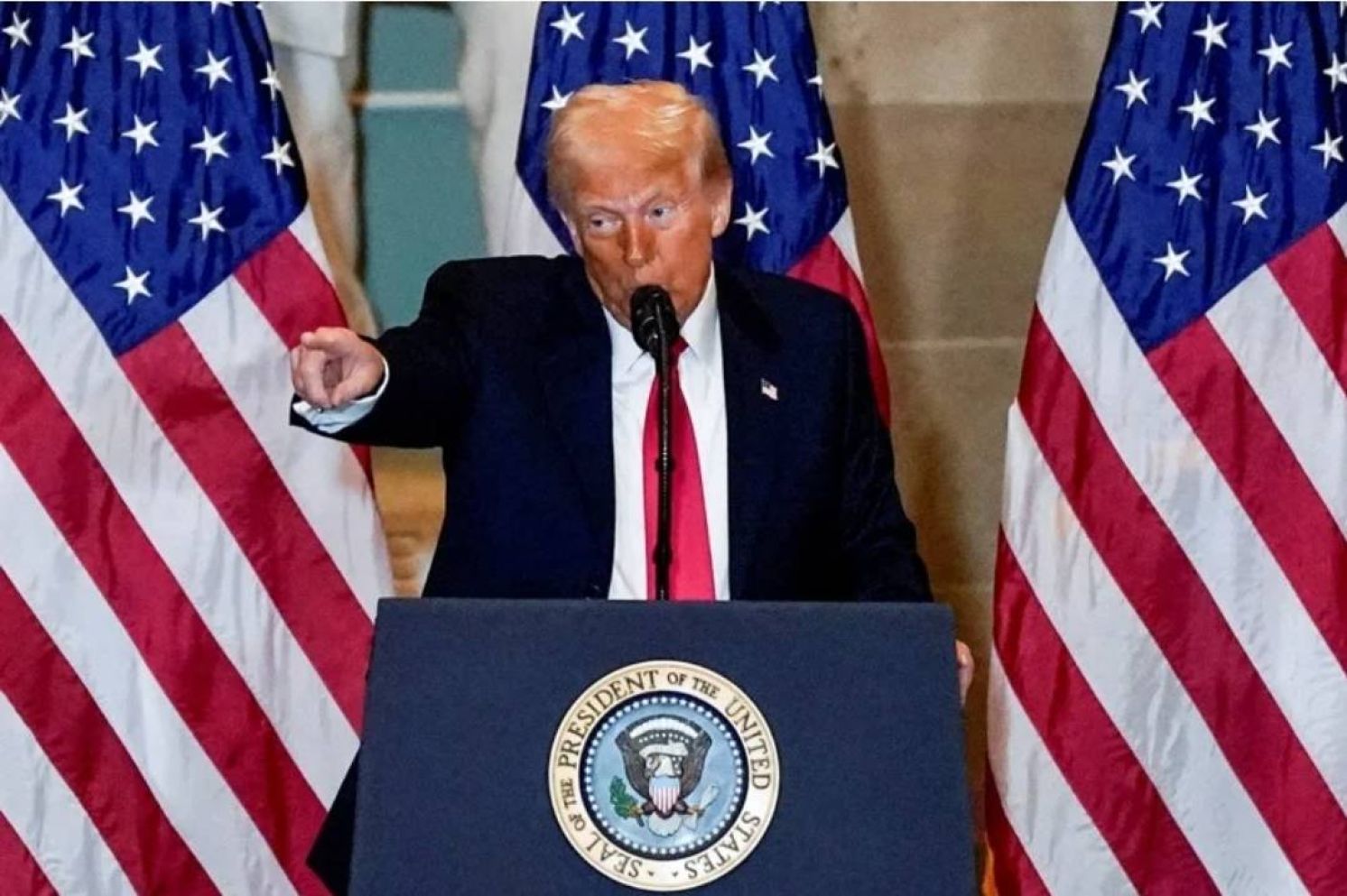
In-Depth Assessment of Tariffs' Impact on Taiwan's Economy
President Donald Trump of the United States imposed tariffs on Canada, China, and Mexico as expected but later postponed the Canada and Mexico tariffs by a month. Initially, President Trump stated, "Tariffs are not a negotiation tool; they are purely an economic issue. We face significant trade deficits with these three countries." Reviewing U.S.-Taiwan trade records reveals that last year, Taiwan exported $111.37 billion to the United States, enjoying a trade surplus of $64.88 billion. Consequently, the threat of American tariffs is gradually closing in on us.
Details
Caught in Infighting—Taiwan Risks Losing the Digital Revolution
The heated debate over DeepSeek shows no signs of abating. Pro-independence factions supporting the Democratic Progressive Party (DPP) are busy nitpicking, criticizing it for being subject to ideological censorship and questioning the accuracy of its low-cost claims. While this pursuit of truth is admirable, it also raises eyebrows, given that these same groups were recently spreading massive amounts of government propaganda and misinformation. Meanwhile, the ruling administration is seizing the opportunity for internal political messaging, claiming that budget cuts are hindering AI development—yet without providing concrete evidence of any delayed projects. In contrast, other countries are investigating China's progress in AI technology, while the administration of President Lai Ching-te seems more concerned about using AI for propaganda and political infighting.
Details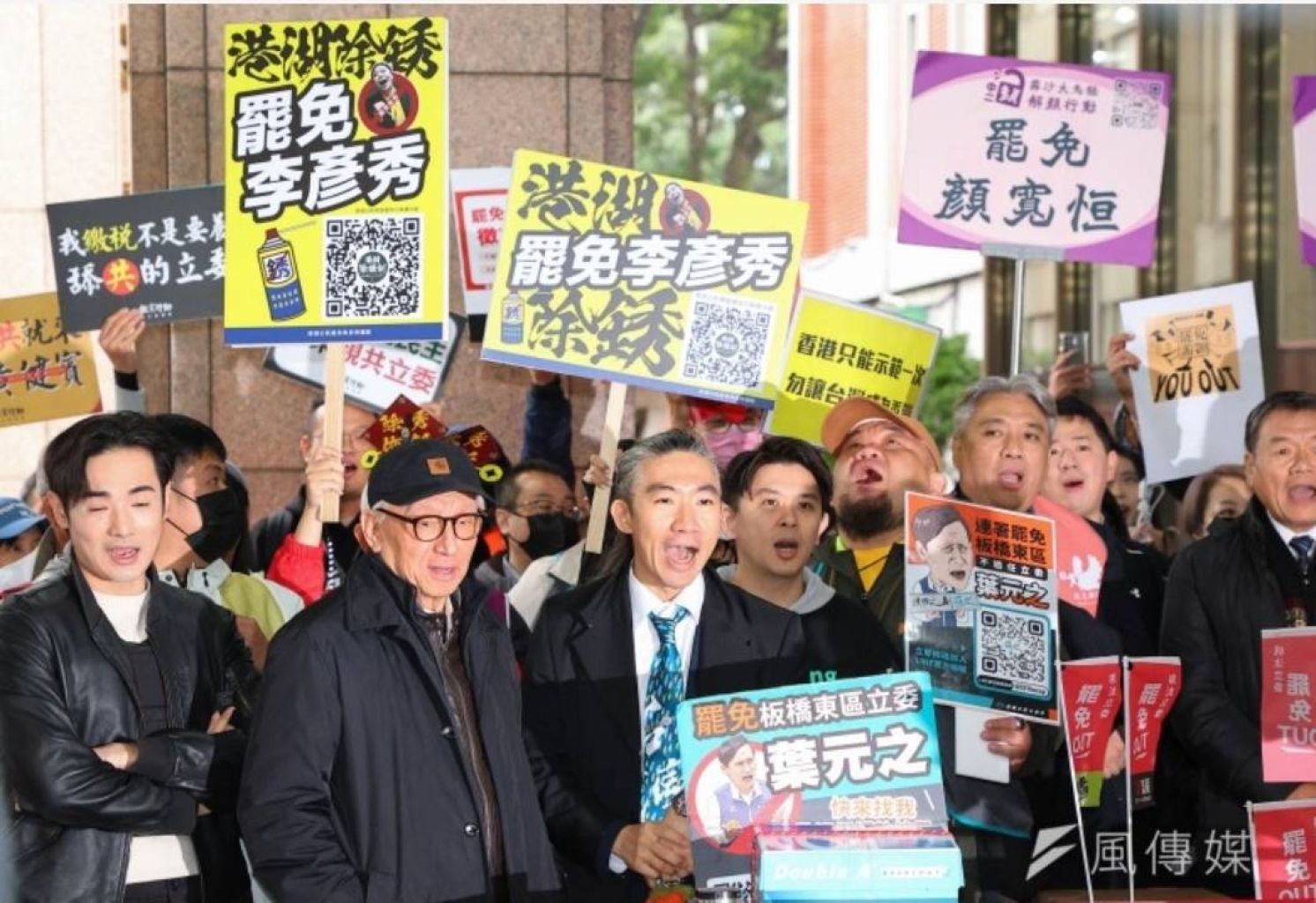
Stop the Recall Wars and Focus on Tariffs and the AI Storm
As the world faces the dual crises of the tariff war waged by President Donald Trump of the United States and the disruptive impact of DeepSeek ion American technology stocks, Taiwan’s ruling Democratic Progressive Party (DPP) seems preoccupied with large-scale political recalls. Amid global concerns over Taiwan's lagging industrial chain, rising tensions across the Taiwan Strait, and the need for strategic adjustments, the DPP's focus on infighting is disconcerting. Even when Vice Chairman Yeh Yung-sung of the Xiamen Taiwanese Business Association publicly urged President Lai Ching-te to "stop stirring up trouble" and opposed the recall campaigns, President Lai offered no response, as if indifferent to the warning.
Details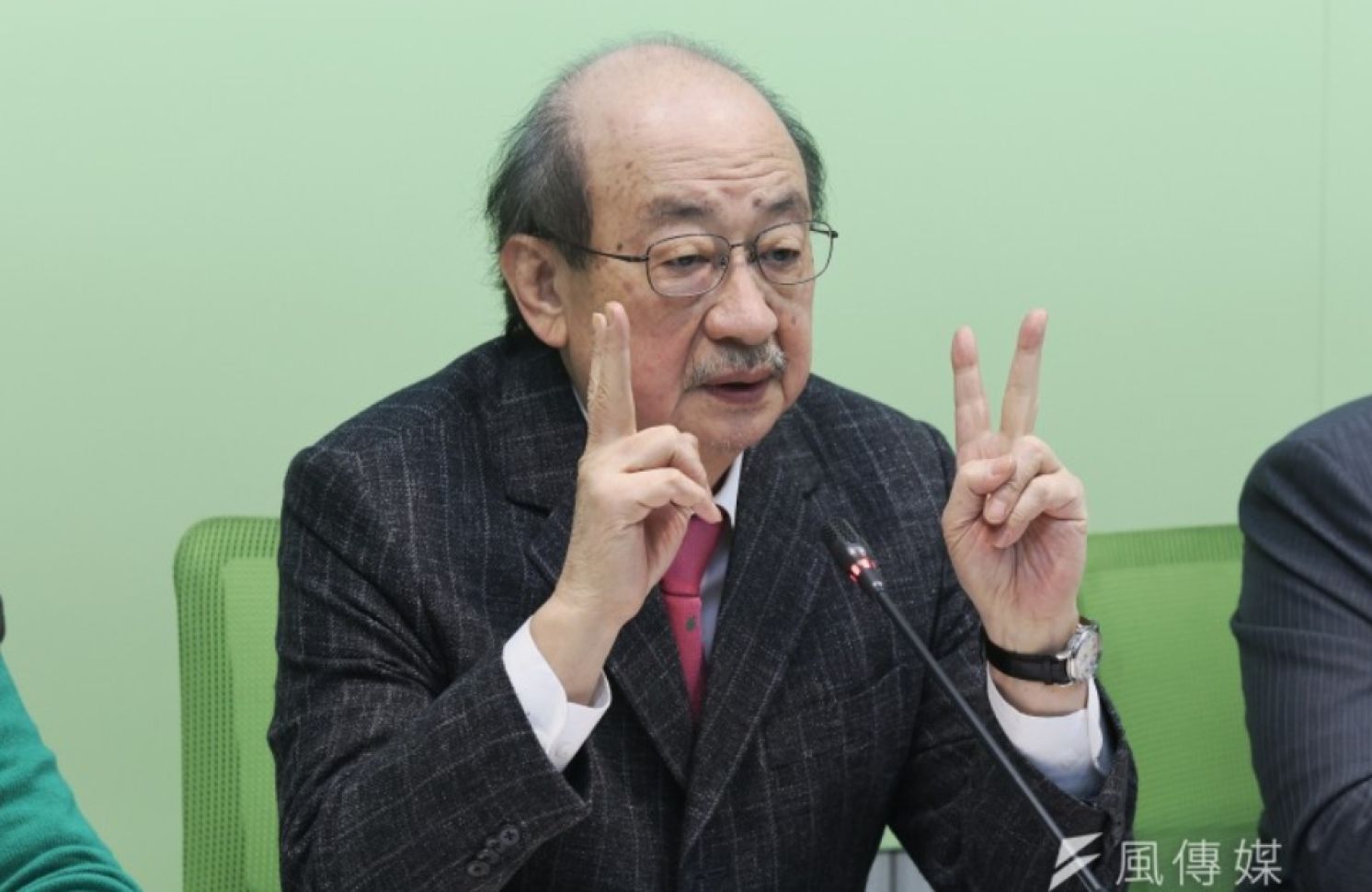
DPP Causes Breakdown of Budget Negotiations for Political Purposes
Review of the central government’s annual general budget by the Legislative Yuan is approaching the final stretch. The total budget this year, reaching a historic high of nearly NT$3.2 trillion (about US$97.2 billion), faces an unprecedented proposed cut and freeze of over NT$320 billion (about US$9.7 billion). Premier Cho Jung-tai has personally stepped in, holding a press conference to emphasize that such “unreasonable” budget cuts would lead to a “weakened national strength.” Meanwhile, Legislator Ker Chien-ming, whip of the Democratic Progressive Party (DPP) caucus of the Legislative Yuan, has employed filibustering tactics during two consecutive days of negotiations with opposition parties, leading to prolonged debates and heated exchanges, yet with no conclusion reached. With time running out, it seems increasingly unlikely that the budget will pass its third reading without facing what the administration calls “unreasonable cuts.”
Details- 1
- 2
- 3
- 4
- 5
- 6
- 7
- 8
- 9
- 10
- 11
- 12
- 13
- 14
- 15
- 16
- 17
- 18
- 19
- 20
- 21
- 22
- 23
- 24
- 25
- 26
- 27
- 28
- 29
- 30
- 31
- 32
- 33
- 34
- 35
- 36
- 37
- 38
- 39
- 40
- 41
- 42
- 43
- 44
- 45
- 46
- 47
- 48
- 49
- 50
- 51
- 52
- 53
- 54
- 55
- 56
- 57
- 58
- 59
- 60
- 61
- 62
- 63
- 64
- 65
- 66
- 67
- 68
- 69
- 70
- 71
- 72
- 73
- 74
- 75
- 76
- 77
- 78
- 79
- 80
- 81
- 82
- 83
- 84
- 85
- 86
- 87
- 88
- 89
- 90
- 91
- 92
- 93
- 94
- 95
- 96
- 97
- 98
- 99
- 100
- 101
- 102
- 103
- 104
- 105
- 106
- 107
- 108
- 109
- 110
- 111
- 112
- 113
- 114
- 115